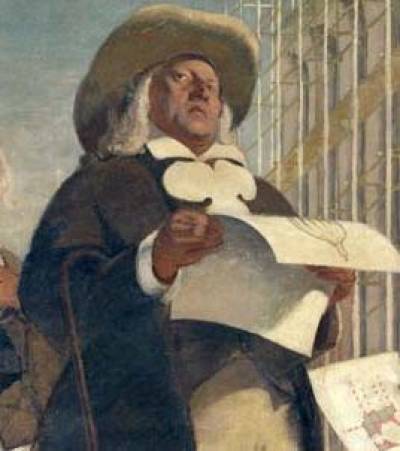UCL is proud of its pioneering history of equal opportunities. Founded in 1826 as a secular institution open to students of any race, class or religion, the University was the first to admit women in 1878.

It is less well known that Jeremy Bentham, the radical social reformer who influenced UCL's establishment, wrote the earliest known argument against the criminalisation of homosexual acts.
In 'Offences against one's self' (1785), Bentham contended that sex was a legitimate pleasure in its own right. If the argument against same-sex relations was that they were not linked to procreation, and that was reason enough to burn pederasts at the stake, then celibate priests (who at least in theory were not contributing to procreation) should be burned as well. If the argument was that sodomy was 'unnatural', then it was no more unnatural than, say, a taste for music.
If he were alive today Bentham might be surprised that the criminalisation of homosexuality is still a global phenomenon.
Numerous states continue to criminalise same-sex sexual behaviour, many in the Commonwealth of Nations. Many of Britain's former colonies have the most draconian laws, founded in archaic nineteenth-century statutes. Aside from laws against homosexuality, other forms of oppression, violence and stigmatization are even more widely common.
The University receives student applications from the vast majority of the countries referred to above. As 'London's Global University' UCL therefore has a responsibility to support international research that seeks to address inequality globally, as well as being uniquely placed to address these questions in the context of teaching and public engagement.
One of the aims of qUCL is to foster new research on these issues, while building on work already being done across the University in related fields.
 Close
Close

